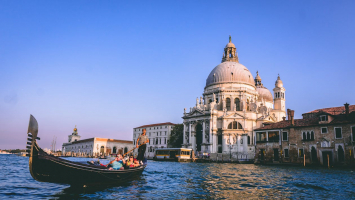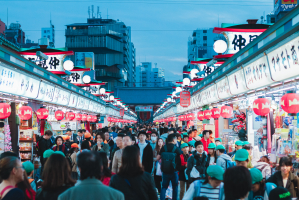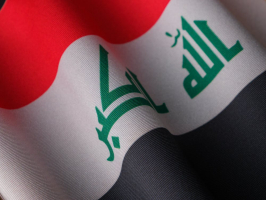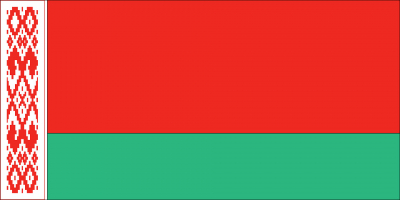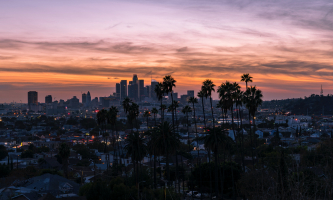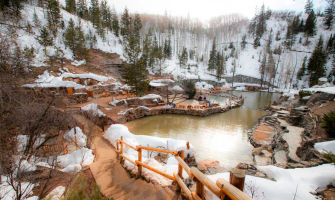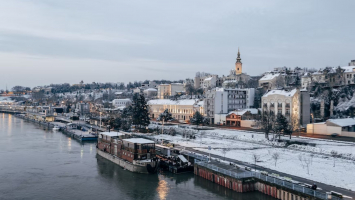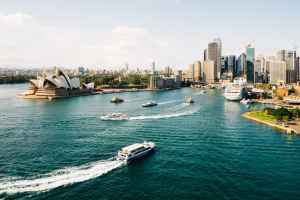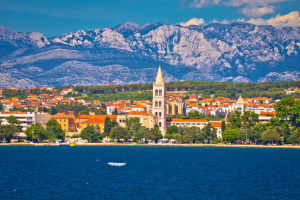Top 5 Reasons Why Indonesia is Moving Their Capital City
Indonesia's parliament has passed a law allowing the shift of the country's capital from Jakarta to the jungle-clad Borneo island of Nusantara. President Joko ... read more...Widodo originally announced the idea to relocate Indonesia's capital in 2019, in an effort to alleviate the city's significant environmental challenges and redistribute wealth. The relocation has been postponed owing to the pandemic, although it may take place in 2024. So, why did Indonesia decide to shift its capital from Jakarta to Nusantara? Let's find out in this article!
-
Today, the Indonesian government is based in Jakarta, a city predicted to be totally submerged by 2050. Jakarta is congested and lacks the infrastructure to support expanded commercial operations.
According to President Joko Widodo, the capital was shifted from Jakarta to Nusantara due to rising pollution and population in Jakarta. Jakarta, a metropolis of over 10 million people, is famously crowded, frequently floods, and is one of the world's fastest-sinking cities owing to groundwater over-extraction. Parts of north Jakarta are sinking at a rate of 25 cm per year, including the seawall built as a buffer for settlements. Jakarta has served as the country's capital since its independence in 1949.
According to air quality monitoring systems, the metropolis of 10 million people is frequently ranked as one of the most polluted in the world. Data from the Jakarta Health Agency reveal that in 2019, before the epidemic, the city only had two days with "healthy" air quality. The rest of the year, the city was immersed in toxic fumes and fine dust particles emitted by automobiles, industry, and coal-fired power stations that surrounded the capital.
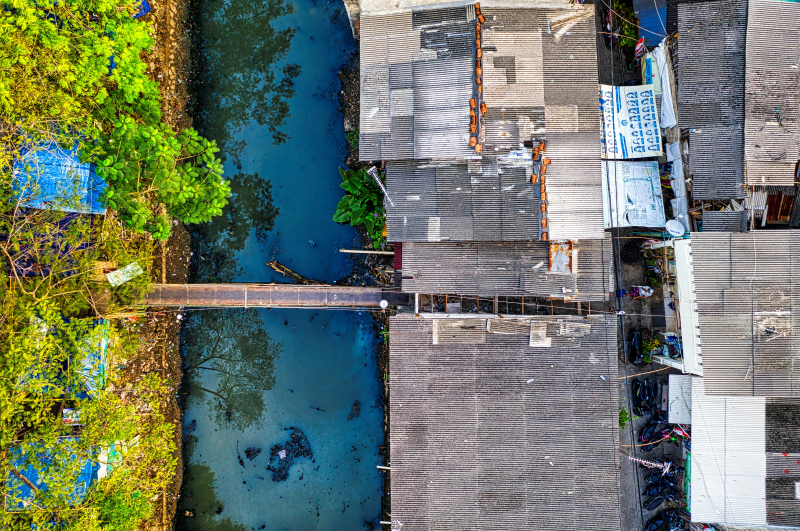
Photo by Tom Fisk on pixel.com 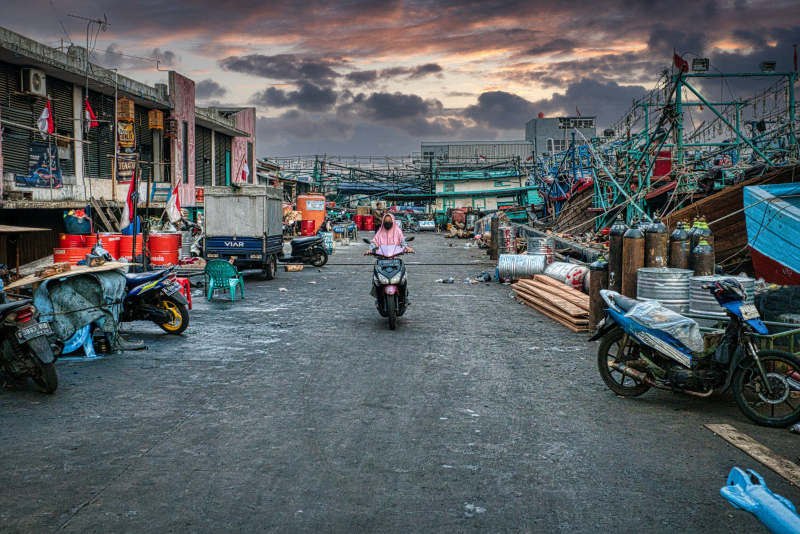
Photo by Tom Fisk on pixel.com -
President Joko Widodo first suggested a new capital in 2019. The cost of creating the new capital is anticipated to be $33 billion. Indonesia has even passed legislation to begin the development of new capital, which is expected to be completed by the first quarter of 2024. The bill states that the purpose would be to develop Nusantara a city, which is “a driver of Indonesia’s economy in the future, as well as a city that is a symbol of national identity and represents the diversity of the Indonesian nation”.
Nusantara will serve as a hub for government and green innovation. Samarinda, as the historical center of East Kalimantan, will be the base for the revitalization of the energy sector, while Balikpapan, as the muscle, will serve as the focal point for the growth of the downstream oil and gas industry and logistics. Nusantara is also intended to be the capital city's center in the future, with a smart city system that is connected to harmony.
"Nusantara is not only a smart city but also a modern place that meets world-class infrastructure standards", the head of Nusantara’s infrastructure development at the Ministry of Public Works and Public Housing (PUPR), Danis H. Sumadilaga, said.
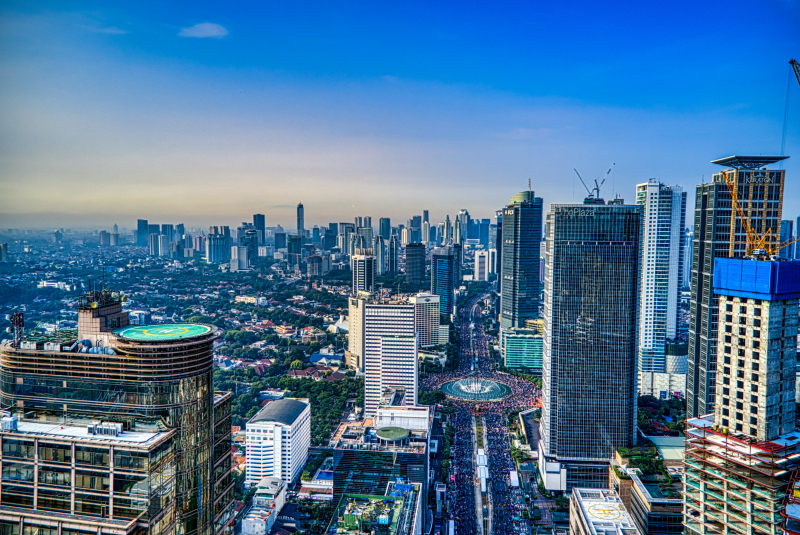
Photo by Tom Fisk on pixel.com 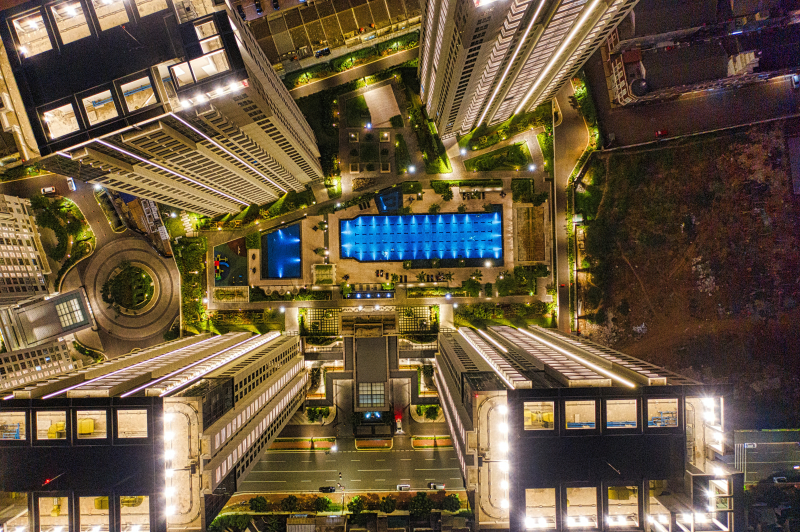
Photo by Tom Fisk on pixel.com -
Indonesia aspires to become a major economic and military force in Southeast Asia. And Indonesia's choice to shift its capital might be seen as a first step toward achieving that aim. Moving the capital to Nusantara will have significant military and strategic implications, making Indonesia an impregnable fortress for regional rivals like Malaysia and China.
According to a Strategist report, Indonesia is planning to militarize Borneo through its new capital. Borneo is a strategically positioned island. In the north, it is shared with Malaysia and Brunei. Furthermore, it is adjacent to the Philippines' and Indonesia's three key archipelagic sea routes, which include the Lombok Strait and the Makassar Strait. To put the situation in perspective, more than 400 large ships (over 100,000 tonnes deadweight) transit through the Lombok and Makassar route each year, transporting around 36 million tonnes of cargo worth $40 billion.
Despite Borneo's strategic importance, Indonesia lacks solid defense facilities on the island. Currently, just 20,000 Indonesian military men are located in the region. There are a few naval and air force bases, however, they are all rather small and undeveloped for significant deployments. Indonesia has realized its error and has plans to fill the hole with its new capital program.
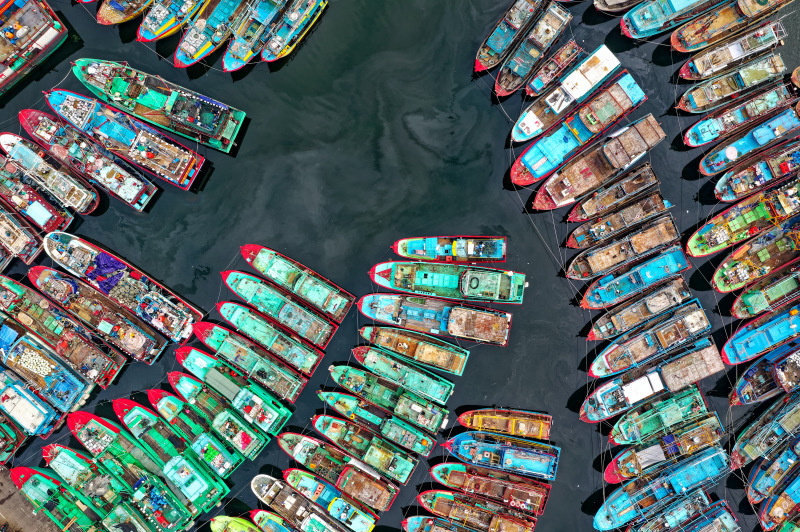
Photo by Tom Fisk on pixel.com 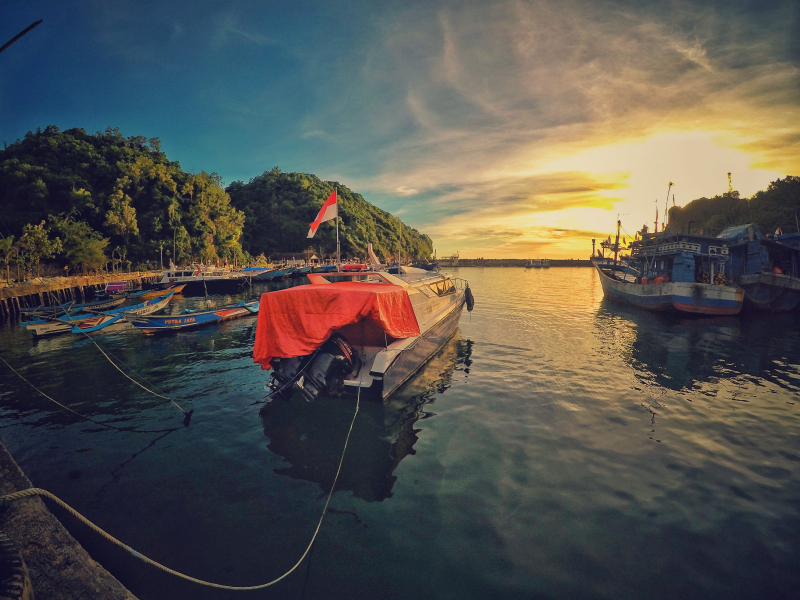
Photo by ahmad syahrir on pixel.com -
There are a number of reasons why the Indonesian government decided to relocate its capital. One of the aims of moving the capital is to relieve some of the pressures on Jakarta and the island of Java.
The President also stated that the existing capital city, Jakarta, must be shifted due to the heavy burdens it carries as the hub of government administration, commerce, banking, trade, and services, as well as (housing) Indonesia's largest airport and seaport. Indonesia's President Joko Widodo had said earlier, "The burden Jakarta is holding right now is too heavy as the centre of governance, business, finance, trade and services".
Furthermore, Java has 60% of the country's population and accounts for more than half of its economic activity. Kalimantan is about four times larger but accounts for less than a tenth of the total GDP. As a result, after performing thorough research over the last three years, the government has determined that the best location for the future administrative capital city is in a part of North Penajam Paser Regency and a portion of Kutai Kertanegara Regency in East Kalimantan Province.
Photo by TIMO on pixel.com 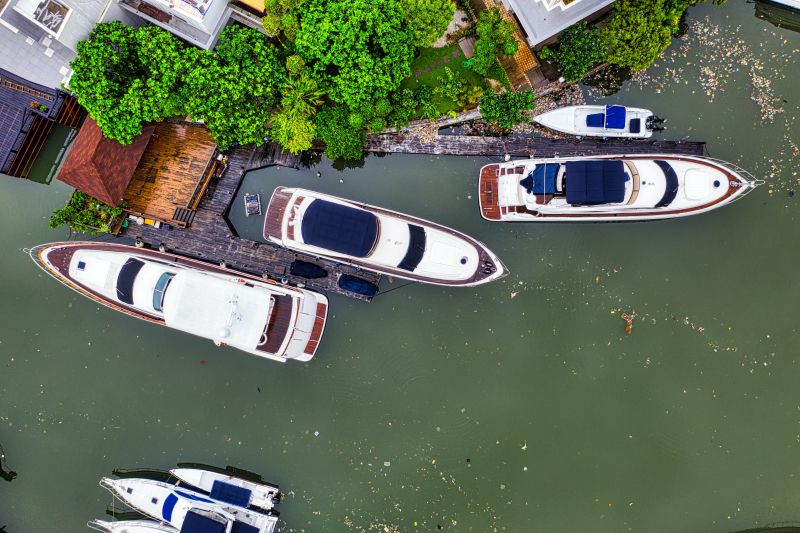
Photo by Tom Fisk on pixel.com -
Kalimantan is the southern three-fourths of the Indonesian island of Borneo; the remainder of the island is divided between the Malaysian governments of Sabah and Sarawak and the small sultanate of Brunei. The land between the districts of Kutai Kartanegara and Penajam Paser Utara has been chosen as the location for Indonesia's next capital city. What is less well known is that the region has a long and rich history, having been the site of one of the archipelago's earliest ancient kingdoms.
Despite being the archipelagic country's second-largest island and home to some of the world's greatest coal reserves, Kalimantan Island provides just 8.2% of the nation's GDP. It is hoped that capital relocation and the development of Special Economic Zones (SEZs) can minimize the development gap between Java and the other Indonesian islands.
"The location (of the new capital) is very advantageous - it's in the center of Indonesia and adjacent to urban centers", President Joko Widodo said in a televised speech. The chosen location is also less prone to natural disasters including earthquakes, floods, forest fires, landslides, and volcanic eruptions.
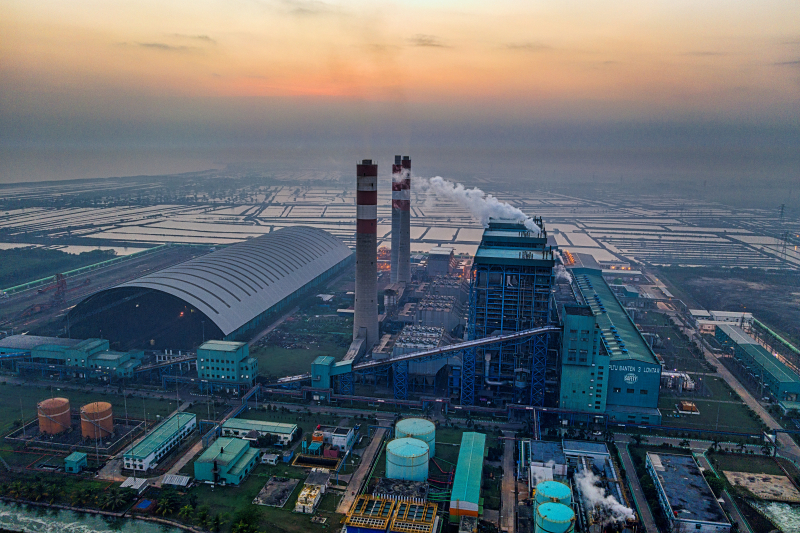
Photo by Tom Fisk on pixel.com 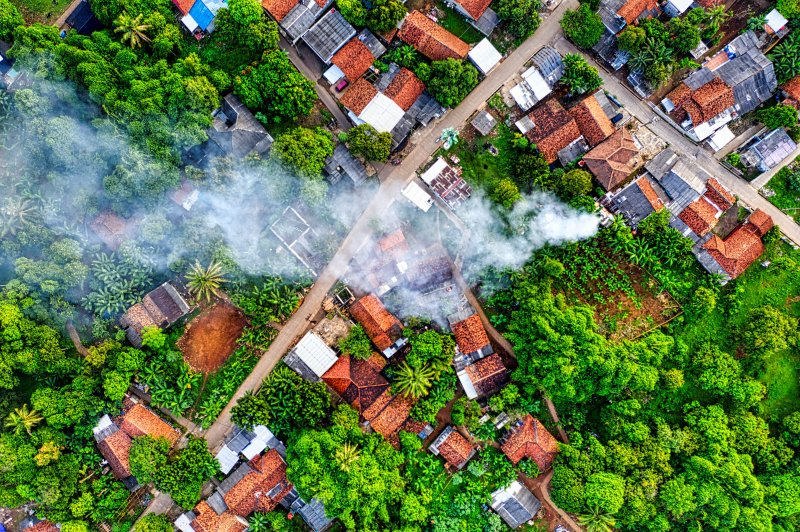
Photo by Tom Fisk on pixel.com







